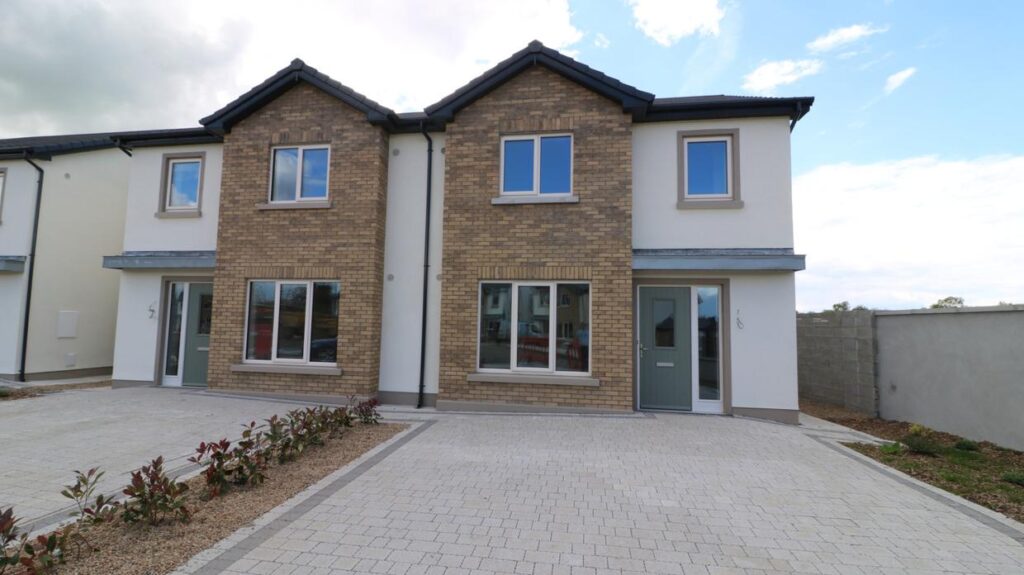State cannot facilitate the building of homes without first building trust

It has been another interesting week for the Irish property market. While most media attention was focused on our national broadcaster, the attention of the business community has been firmly focused on persistent housing challenges. Firstly, the BBC highlighted how the housing crisis here is a “significant concern”, affecting the country’s competitiveness and ability to attract new investment (this kind of commentary from outside of Ireland is damaging). The shortage of housing, resulting from the fallout of the property and banking crisis, has led to soaring rents and overcrowding, particularly impacting young people. There can be no doubt that housing availability for workers and their families is crucial for sustaining economic growth and fostering a favourable business environment. While the IDA has been banging that drum for a while, it is not clear what action is being taken to address this.
Similarly, marking the week of July 4th, the American Chamber of Commerce (AmCham) released a survey reinforcing the importance of resolving the housing crisis as a matter of priority. The survey results are telling; over half of US multinationals in Ireland identified housing as the single most urgent area requiring government investment. The cost and availability of housing act as deterrents for those who wish to work and establish a home in Ireland, potentially leading companies to explore opportunities elsewhere. The Irish government’s Housing for All policy, coupled with additional measures to streamline construction processes, aims to increase the supply of housing and address these concerns but nothing is happening as quickly as it needs to.
And challenges persist in delivering the promised housing supply. Just this week we learned that the transfer of State lands to the Land Development Agency (LDA) for construction has been delayed due to negotiations among landowners, hindering progress. Poor stakeholder relations is emerging as a key barrier, with disagreements over land valuation and site development plans contributing to the hold-up. In the simplest of terms, the State cannot facilitate the building of homes without first building trust across the key stakeholders from both the public and private sectors.
Another significant chokehold in housing delivery that emerged this week is the prevention of institutional funds from buying thousands of homes. Emergency measures implemented by the government aimed to safeguard housing stock for individual buyers and restrict bulk purchases. This move addressed public concerns, but instead of creating a fair and equitable property market, in the short term, it simply cut vital supply to the private rental sector without ensuring alternative PRS supply. This might well be the right policy for Ireland in the long term, but it certainly was not the right time to risk delivery.
Finally, the recent conviction of the former deputy chairman of An Bord Pleanála (believed to be the first Irish custodial sentencing of a civil servant for conflict of interest breaches) has prompted the body to strengthen its internal rules in order to restore public and industry confidence. The new code of conduct clarifies definitions and prevents conflicts of interest, ensuring impartial decision-making in planning cases. Will a new name be enough to restore confidence? Time will tell.
Ian Lawlor
086 3625482
Managing Director
Lotus Investment Group
